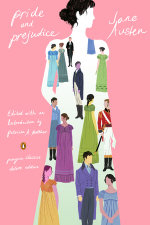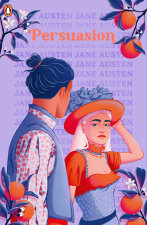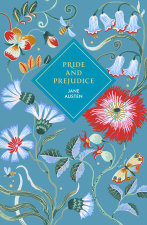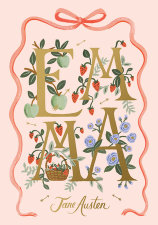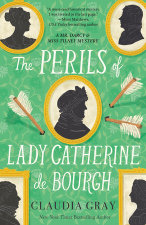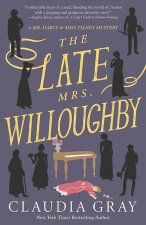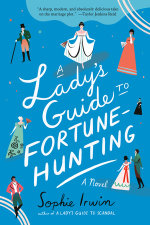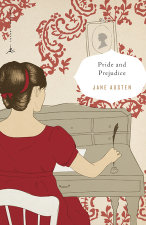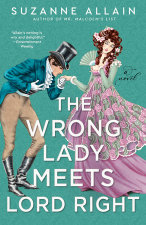Sense and Sensibility
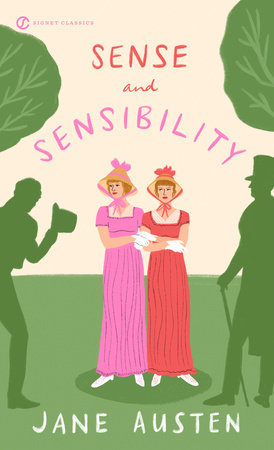
Two sisters of opposing temperaments who share the pangs of new love provide the theme for Jane Austen’s dramatically human narrative.
“I wish as well as everybody else to be perfectly happy but like everybody else it must be in my own way.”
Elinor, practical and conventional, is the perfection of sense. Marianne, emotional and sentimental, is the embodiment of sensibility. To each comes the sorrow of unhappy love.
Their mutual suffering brings a closer understanding between the two sisters—and true love finally triumphs when sense gives way to sensibility and sensibility gives way to sense. Jane Austen’s authentic representation of early-nineteenth-century middle-class provincial life, written with forceful insight and gentle irony, makes her novels the enduring works on the mores and…
$8.99
July 1, 2008Though the domain of Jane Austen’s novels was as circumscribed as her life, her caustic wit and keen observation made her the equal of the greatest novelists in any language. Born the seventh child of the rector of Steventon, Hampshire, on December 16, 1775, she was educated mainly at home. At an early age she began writing sketches and satires of popular novels for her family’s entertainment. As a clergyman’s daughter from a well-connected family, she had ample opportunity to study the habits of the middle class, the gentry, and the aristocracy. At 21, she began a novel called “The First Impressions,” an early version of Pride and Prejudice. In 1801, on her father’s retirement, the family moved to the fashionable resort…



